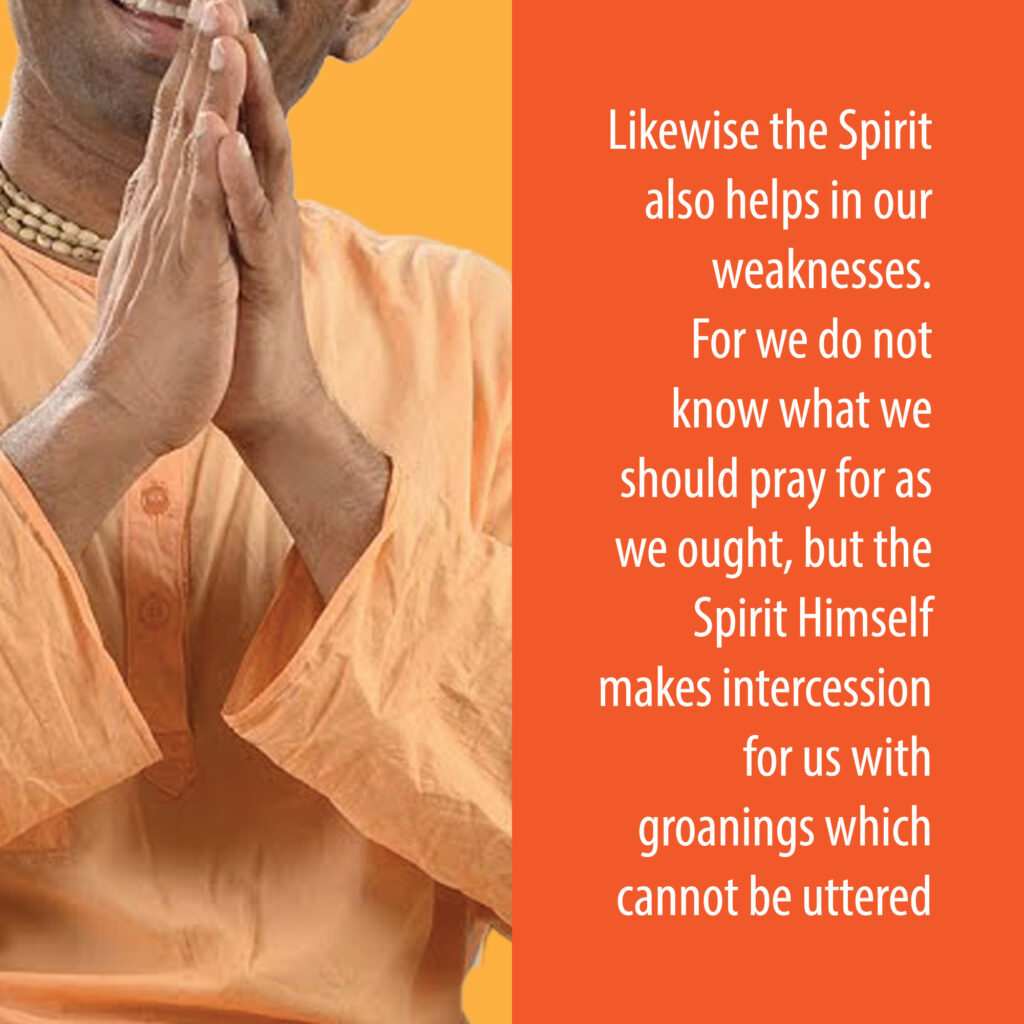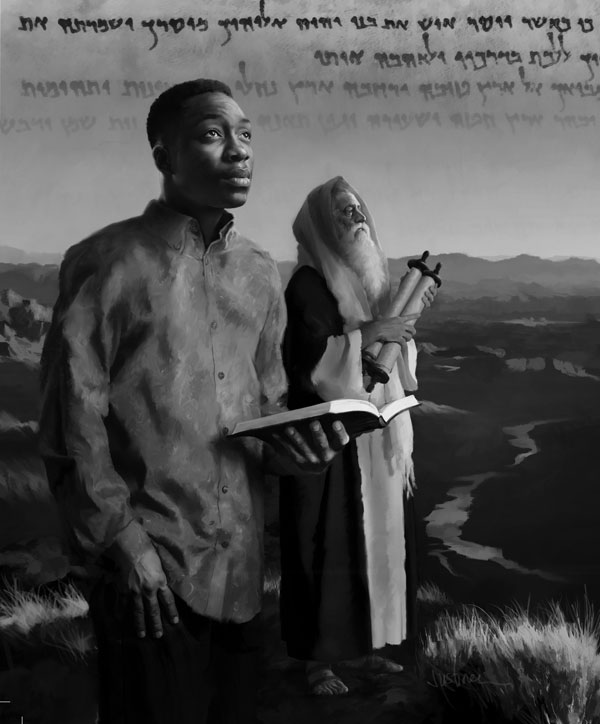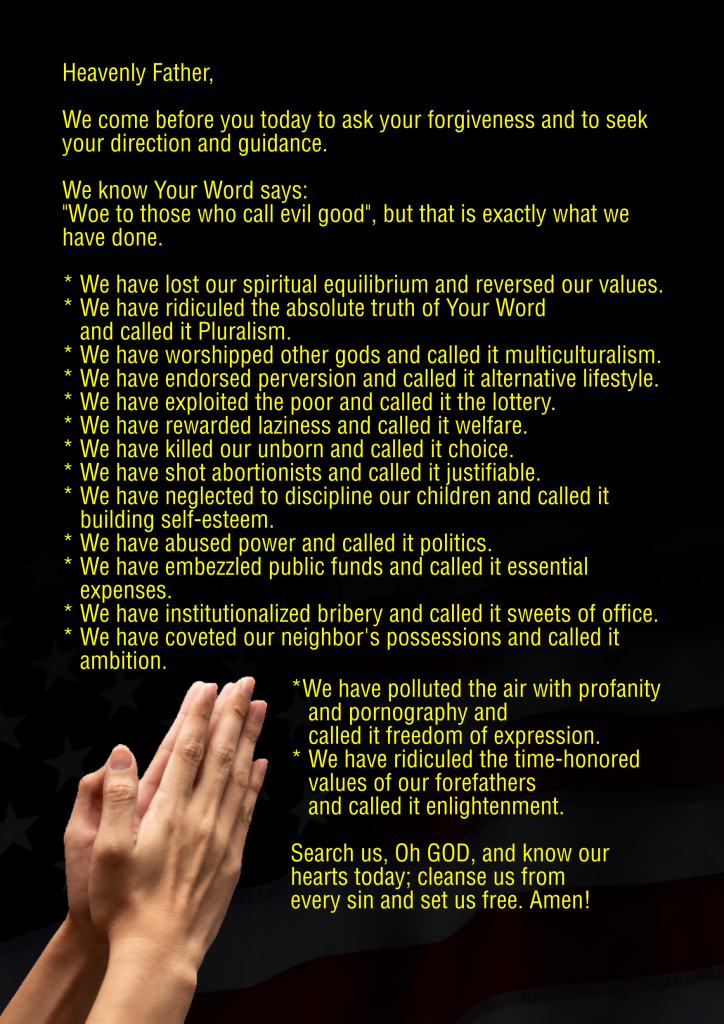
Prayer is a complex and multifaceted phenomenon that varies widely across different religious, spiritual, and cultural traditions. It is a form of communication with a higher power, often perceived as a deity or the divine, and serves various purposes depending on individual beliefs and practices.
Here are some perspectives on prayer:
1. **Communication with the Divine:**
– In many religious traditions, prayer is seen as a way to establish a connection with a higher power. It is a means of expressing gratitude, seeking guidance, requesting assistance, or simply conversing with the divine.
2. **Spiritual Reflection and Contemplation:**
– Prayer is not only about making requests or seeking intervention; it can also serve as a time for self-reflection and contemplation. It provides individuals with an opportunity to examine their thoughts, actions, and values.
3. **Cultural and Tradition:**
– Prayer is deeply embedded in the cultural and traditional fabric of many societies. It often plays a role in rituals, ceremonies, and rites of passage, contributing to a sense of community and shared identity.
4. **Meditative Practice:**
– Some view prayer as a form of meditation or mindfulness. It can be a way to achieve a state of inner peace, focus, and serenity. The act of prayer may involve calming the mind and finding a sense of centeredness.
5. **Expressing Gratitude:**
– Many prayers include expressions of gratitude for the blessings and experiences in one’s life. Gratitude is considered a positive emotion that can enhance well-being and foster a sense of contentment.
6. **Seeking Guidance and Support:**
– People often turn to prayer in times of difficulty, seeking guidance, comfort, or support. It can be a source of solace and a means of coping with life’s challenges.
7. **Intercessory Prayer:**
– Some individuals pray on behalf of others, engaging in intercessory prayer. This form of prayer involves requesting divine intervention or blessings for the well-being of others.
8. **Personal Transformation:**
– For some, prayer is a tool for personal transformation. It is a process through which individuals aspire to become better versions of themselves, aligning their actions with their values and spiritual beliefs.
9. **Diverse Interpretations:**
– The interpretation and practice of prayer vary widely among different religions and spiritual paths. While some emphasize formalized rituals, others prioritize spontaneous and personal communication with the divine.
10. **Skepticism and Atheism:**
– It’s important to note that not everyone engages in prayer, and some individuals, particularly those with atheistic or agnostic beliefs, may approach life’s challenges and questions through different means such as reason, science, or philosophy.
In summary, prayer is a deeply personal and culturally influenced practice that can serve various functions, ranging from communication with the divine to self-reflection and community bonding. Its meaning and significance are diverse and shaped by individual beliefs, cultural contexts, and religious traditions.
For we do not know what we should pray for as we ought, but the Spirit Himself makes intercession for us with groanings which cannot be uttered. Romans 8:26








